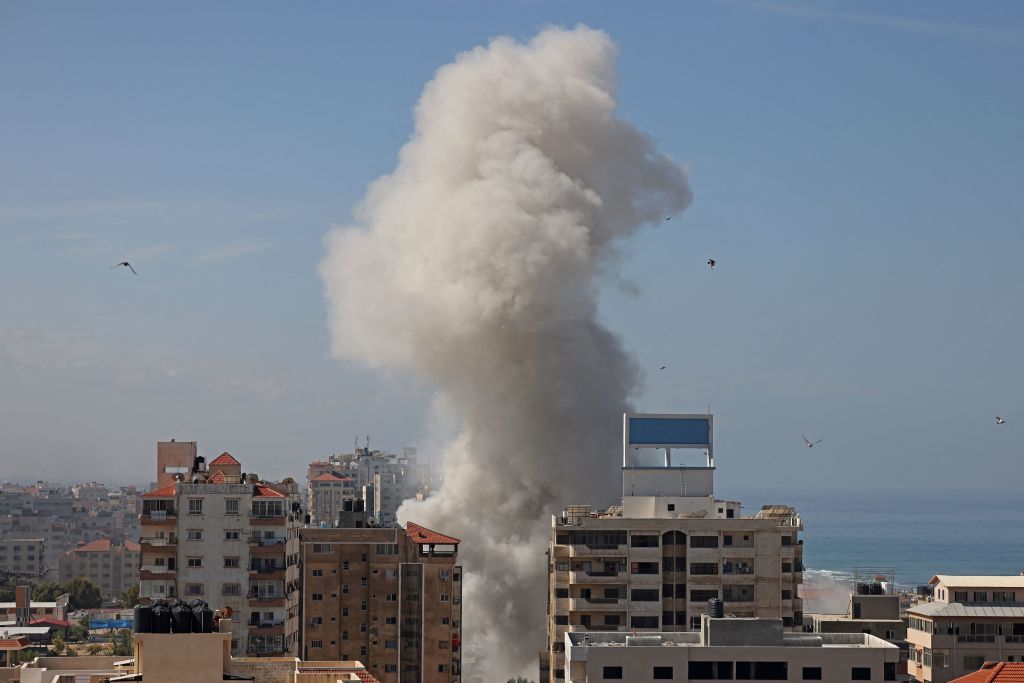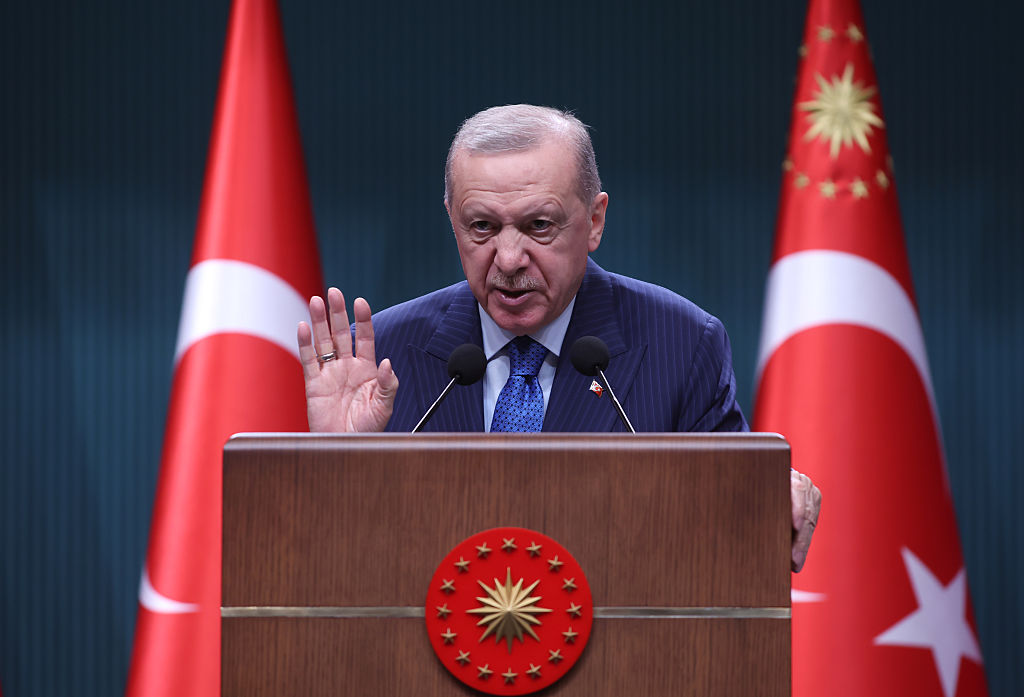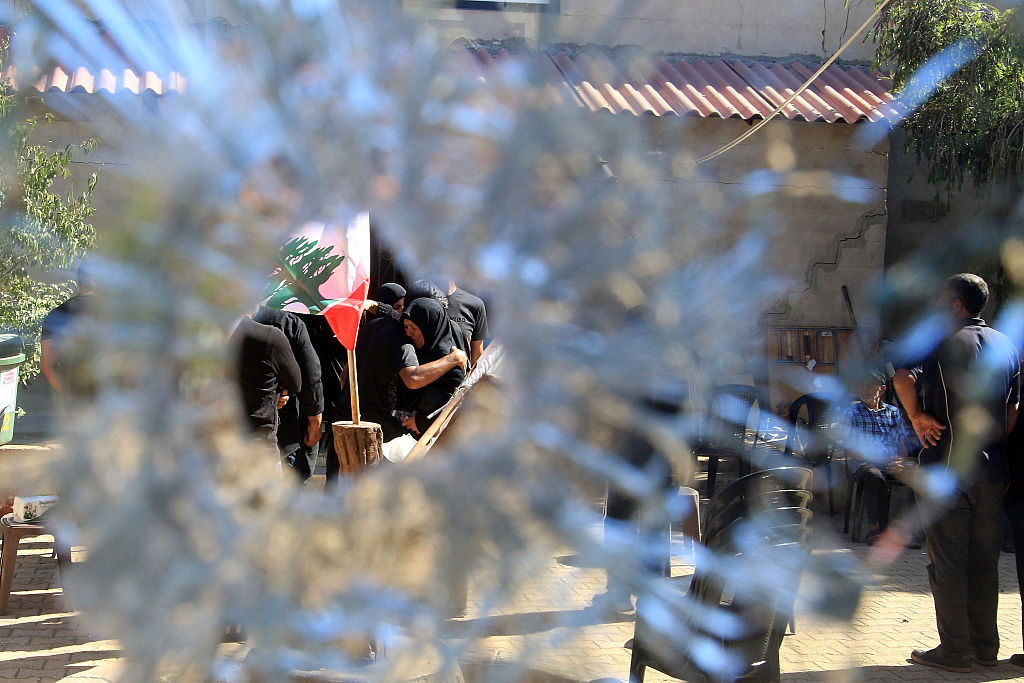In the early hours of this morning, Israelis had a flashback to the surprise attack of the Yom Kippur War that started almost fifty years ago to the day, in October 1973. Hamas says it has launched 5,000 missiles deep into Israeli territory. The missiles were used to mask a much more elaborate attack that saw dozens of Hamas terrorists, dressed in uniform and — according to reports on Israeli media — heavily armed with machine guns and grenades, invade Israeli territory. The terrorists entered towns and villages by foot, paraglides and vehicles. Fighting between Israeli security services and the terrorists has gone on for hours, with reports of dead, injured and kidnapped soldiers and civilians.
The magnitude of this attack meant that the Israeli government quickly announced a state of preparation for war, and commenced calling in reservists.
The intensity and complexity of this attack is unusual for Hamas. Its success is largely due to the surprise by which it took Israel, indicating serious failures by Israel’s intelligence services and the Israel Defense Forces that will have to be reviewed when the dust settles. In the past, Hamas has tried to walk the fine line between inflicting an attack on Israel in a way that will result in a limited Israeli response. Israel has usually opted for a policy of containment. Not this time. The magnitude of this attack meant that the Israeli government quickly announced a state of preparation for war, and started calling in reservists.
Hamas would require good reason for taking the enormous risk of starting a potentially prolonged, high intensity war with Israel. Such war will inflict considerable damage on Hamas and the Palestinian Islamic Jihad who declared they will join the fight — including casualties, destruction of infrastructure and diminished offensive capabilities.
One of the reasons behind this is Hamas’s plan to collapse the Palestinian Authority (PA) and as a result Hamas has been the main instigator of unrest in the West Bank. The last year saw a concerning rise in terror attacks committed within the West Bank. In the first six months of 2023, there were 148 “critical” terror attacks and twenty-eight Israelis have been killed. During this period, Israeli security serviced foiled 375 additional attacks. Tensions have been rising even more due to violence by Jewish settlers against Palestinian civilians. Many of the terrorists in the West Bank have been receiving support and guidance from Hamas in Gaza — and a successful attack on Israel will increase Hamas’s popularity across all Palestinian territories and aide its power grab.
Hamas has also been concerned by the negotiations between Israel, the United States and Saudi Arabia. A defense pact and diplomatic relations between the sides will be a significant boost for Israel’s position in the Middle East, which Hamas believes would compromise its relations with the Saudis. These relations have been strained for nearly two decades but have recently warmed up. Hamas’s leaders have visited Saudi Arabia — which has released Hamas operatives from its prisons.
A treaty between the three countries will also enhance their position against Iran, Hamas’s most important ally, who supplies the militant movement with arms, training and funds used to attack Israel. However, a war between Israel and Hamas — especially if it results in many Palestinian civilian casualties — may place pressure on the Saudis not to engage in talks with Israel.
The potential for escalation following this morning’s attack is considerable. It may even bring in Hezbollah, an Islamist political party and militant group which has been intensifying its threats against Israel in the past months. Both Hamas and Hezbollah have been encouraged by deep internal divisions in Israeli society that have seen hundreds of thousands march against the government on a weekly basis. The fierce criticism of the Israeli government’s judicial reform, which many believe undermines Israel’s democracy, has also affected the IDF. Officers and soldiers, including those serving as fighter pilots and in elite unites, have refused to attend training as reservists, which has reportedly had some effect on the army’s war preparedness.
If both these organizations join forces, along with smaller terror organizations in Gaza and the West Bank, Israel will face war on multiple fronts — south, west, north and deep within Israeli territory – for the first time in many years.
This article was originally published on The Spectator’s UK website.

























